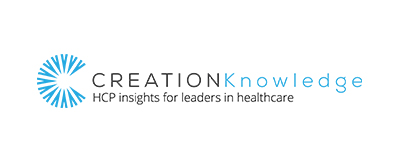Registrati

Versione Stampabile
Contattaci per ricevere maggiori informazioni sulle opportunità di sponsorizzazione
Diventa Sponsor
Vedi tutte le edizioni






